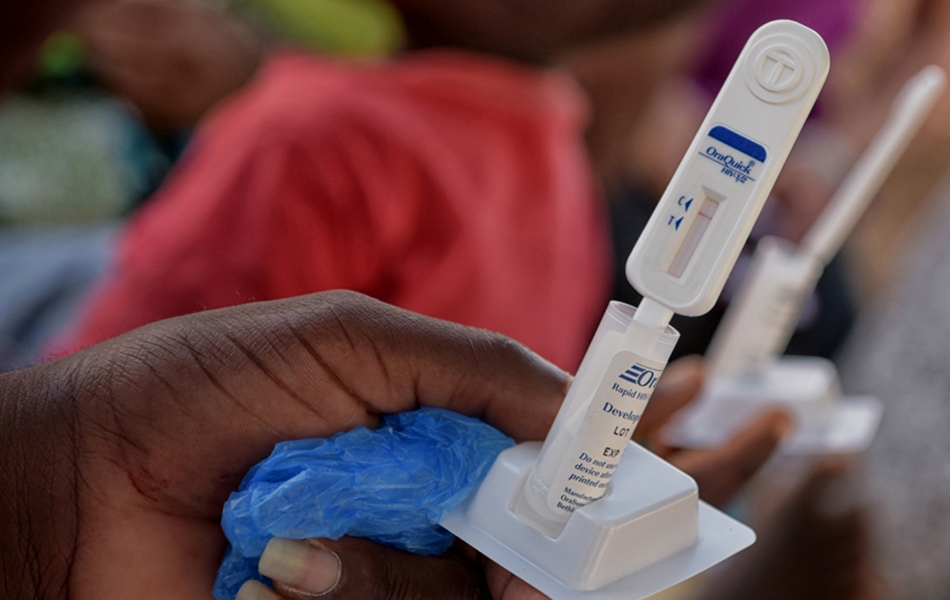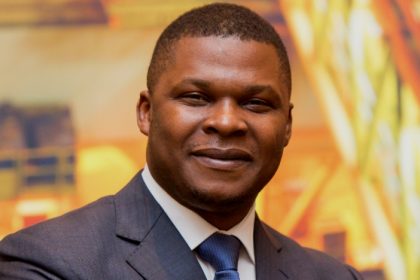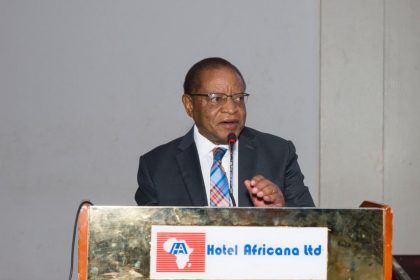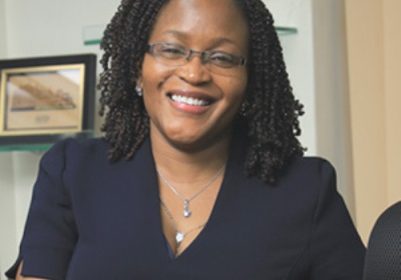Uganda may benefit from $25m HIV self-testing project
 Experts say improving the uptake of HIV self-testing among individuals who require confidentiality or who do not trust healthcare workers is imperative.
Experts say improving the uptake of HIV self-testing among individuals who require confidentiality or who do not trust healthcare workers is imperative.
October 15—There are many Ugandans living with HIV who not only do not have access to the medicines, but also struggle with the stigma associated with the disease. This has a negative impact on national economic output
Experts say improving the uptake of HIV self-testing among individuals who require confidentiality or who do not trust healthcare workers is therefore imperative.
During the recent replenishment summit in Lyon, France, the MenStar Coalition and the Children’s Investment Fund Foundation (CIFF) announced a joint $25 million contribution to the Geneva-based Global Fund to Fight AIDS, for scaling up of HIV self-testing in selected countries including Uganda.
“CIFF is championing HIV self-testing and other methods to promote self-care as one of the most powerful ways for youth, women and men to take control of their sexual & reproductive health. People deserve the choice to test when they want, where they want and how they want. As such, we want to raise awareness of the investment and encourage Sub-Sahara governments to apply,” Miles Kemplay, the Executive Director for Adolescence at CIFF said.
Research has shown that the availability of rapid HIV-antibody tests has made field diagnosis of HIV inexpensive and technically feasible in low-resource areas.
CIFF believes the impact of self-testing may be greatest in Sub-Sahara Africa, which has the largest number of people living with HIV who do not know their status. In Uganda, there are an estimated 1.4 million people living with HIV, with women and young women in particular being disproportionately affected. In addition, there were 53,000 new infections in 2018.
Peter Sands, the Executive Director of the Global Fund said, “We applaud CIFF’s investment as there is an urgent need to engage people who would not normally test in traditional settings. Self-testing is innovative and seeks to break the cycle of HIV transmission, particularly in sub-Saharan Africa. By accelerating access to HIV self-testing, we can get closer to controlling HIV as a public health threat. More people will know their status so that those with HIV can start treatment while those who are negative can access prevention services.”
This investment will contribute significantly to scaling up the pioneering progress of the Unitaid-funded Self Testing in Africa (STAR) Initiative and was supported through partnership with the World Health Organization which, in addition to developing normative and implementation guidance on HIV self-testing, produced country-specific investment cases to guide and optimize partner investments.
Dr Ren Minghui, Assistant Director-General, WHO said, “HIV self-testing is an innovative tool that enables people to take initiative, empowering them to find out their HIV status without delay. WHO commends our partners, CIFF and the Global Fund for making this major new investment. This will help millions more people to access HIV self-testing through national programmes.”

 Africans must resist being bulldozed in energy transition timetable debate
Africans must resist being bulldozed in energy transition timetable debate
 Dr Suruma pushes radical social agenda for Uganda’s oil revenues
Dr Suruma pushes radical social agenda for Uganda’s oil revenues
 Bayern Munich joins ‘Visit Rwanda’ promotional campaign
Bayern Munich joins ‘Visit Rwanda’ promotional campaign
 Americans cautioned on doing business with South Sudan government
Americans cautioned on doing business with South Sudan government
 Dar port soon to follow Durban as foreign investors swoop in
Dar port soon to follow Durban as foreign investors swoop in
 Uganda National Oil Company CEO Nabanjja to headline October Johannesburg energy event
Uganda National Oil Company CEO Nabanjja to headline October Johannesburg energy event
